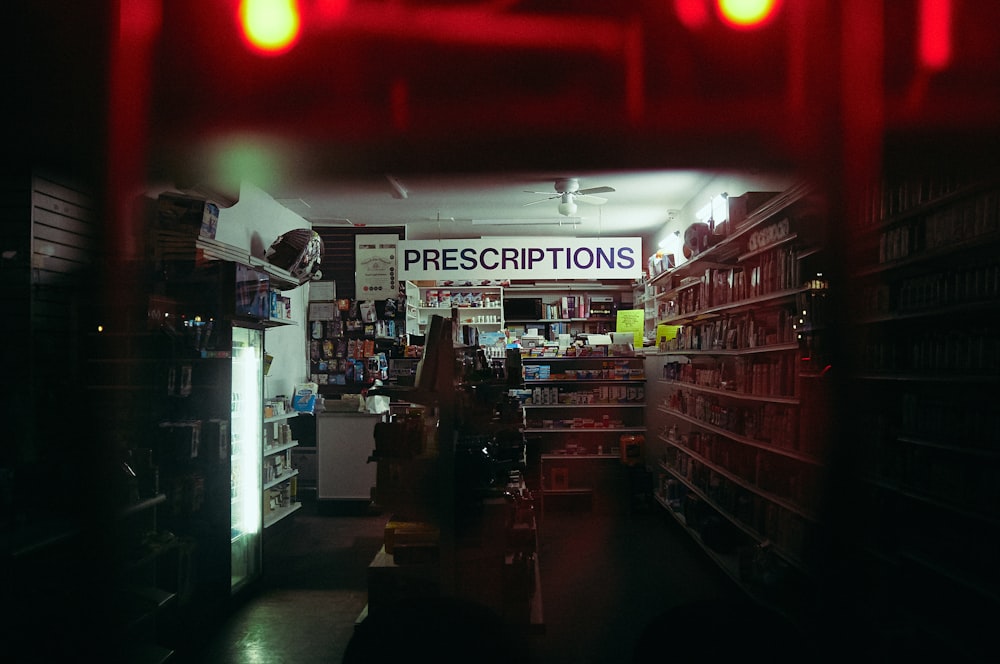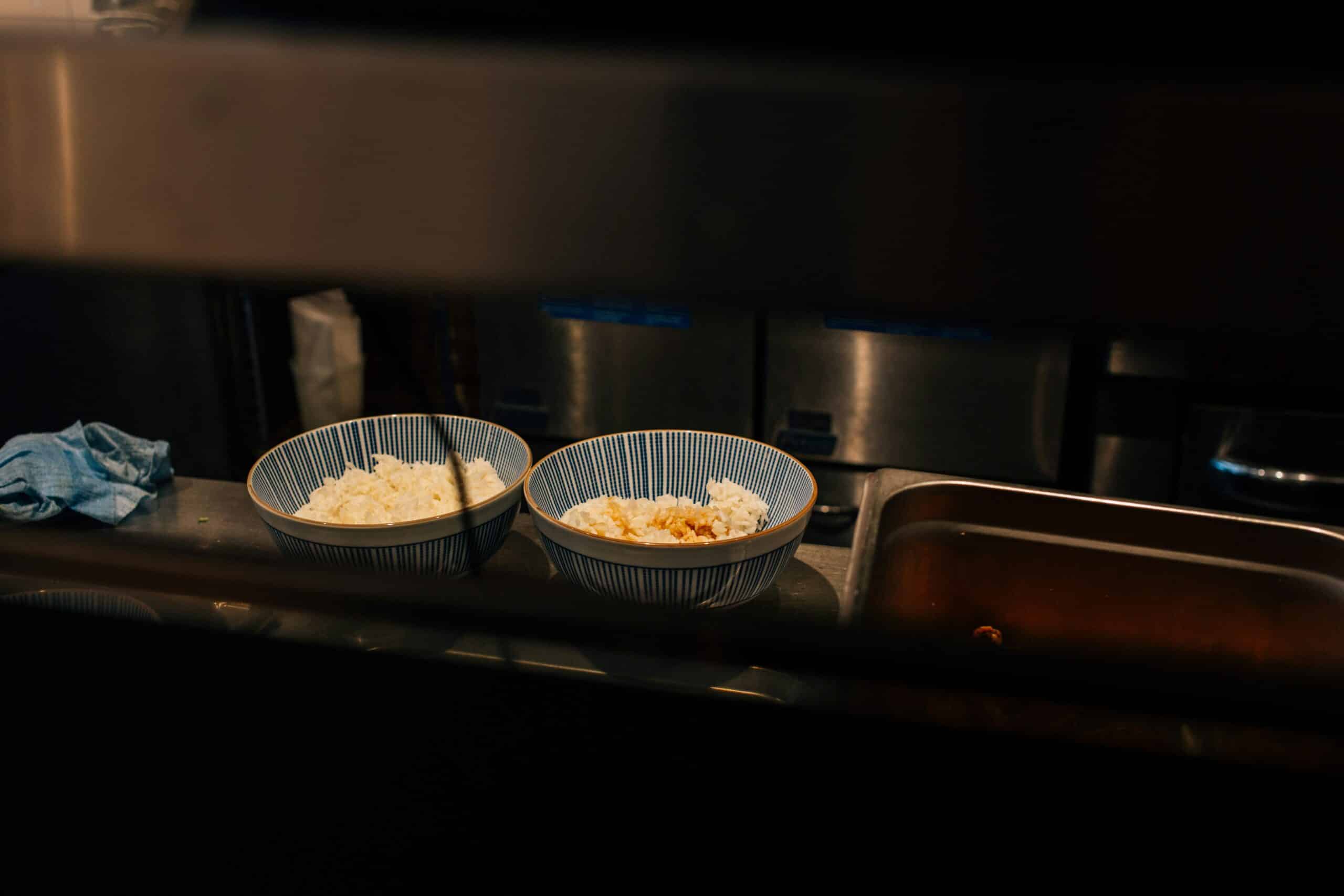At the start of the pandemic and the subsequent lockdown, one of the fields that quickly responded to change is medicine. With hospitals packed and the public scared of setting foot there, many medical professionals have set up online clinics or over-the-phone consultations.
[READ: Here’s where you can get medical consultations via phone call]
The Department of Health (DOH), as early as March, launched its telemedicine hotlines where individuals can call in if they have COVID-19-related queries.
Meanwhile, health plan provider Medicard has an app called MyPocketDoctor, which patients can download to speak with a medical professional about any health concerns.
[READ: Got COVID-19 questions? Here’s where you can ask doctors online for free]
But without face-to-face consultations, how will patients be issued prescriptions for medicines they need?
Electronic prescriptions

A representative from Medicard told Nolisoli.ph that after each consultation through their app, should the doctor find a prescription fitting in each case, an electronic prescription can be sent via email.
This is pursuant to the Dangerous Drugs Board (DDB) advisory issued on Mar. 18, which allows for electronic prescriptions in dispensing medicine to individuals throughout the duration of the state of public health emergency declared through Presidential Proclamation No. 922.
[READ: Duterte declares a state of public health emergency due to the coronavirus outbreak]
According to the DDB advisory, an electronic copy or even a photo of a prescription will suffice and can be presented by the patient or their representative (along with a written or electronic authorization and identification card) to pharmacies.
The prescription by the issuing physician should contain the following information:
- Full name, business address and contact details of prescribing physician;
- The current S-2 license number;
- Complete name and address of the patient;
- Date of prescription;
- Generic and brand name of the medicine containing drugs to be supplied, the dosage strength and form and the total number of dosage units or quantity needed in words and its numerical equivalent;
- Direction of use; and
- Original signature of the prescribing physician
Additionally, DDB requires an inscription of “no refill” to ensure that the same prescription will not be used in another transaction past its date of validity.
To save on time and to store enough medicine for patients, doctors are also allowed to prescribe a month’s worth of drugs, especially for maintenance.
Doctors and pharmacies are required to keep a record of this electronic transaction, so don’t be surprised if your attending pharmacist asks for a copy.
Upon consultation with a pharmacist at one of the country’s largest drugstore chains, Nolisoli.ph found out that a text message may, in some cases, even be valid given that the prescribing physician includes their Professional Tax Receipt and license number. Antibiotics and anti-viral drugs, however, are exempted from this and require an electronic or ordinary prescription.
People living with HIV
People living with human immunodeficiency virus (PLHIV) are especially vulnerable due to the restrictions of quarantine. Whereas before they can consult and procure antiretroviral (ARV) drugs, quarantine has since limited their access.
Among factors like age and existing medical condition, PLHIV with a low CD4 cell count and are not on HIV treatment are at risk of contracting COVID-19, according to the U.S. Department of Health & Human Services and Minority HIV/AIDS Fund’s website.
This is why LoveYourself Inc., an NGO dedicated to advancing HIV-AIDS advocacy in the country while also providing counseling and medical support to PLHIV, has made its antiretroviral therapy (ART) refill delivery system available to those in self-isolation during this pandemic.
“Through XPress by LoveYourself, clients enrolled in its treatment services can have their ART refills delivered to their doorstep. This ensures reduced risk for LoveYourself clients living with HIV to be exposed to COVD-19 by reducing the number of clients visiting LoveYourself Centers and eliminating the need to travel,” said the NGO.
Various civil society organizations like Network Plus Philippines, Pinoy Plus Advocacy Pilipinas, the Red Whistle and TLF Share Collective are also partnering with local government units and DOH to mobilize volunteers who will help move ARV drugs across checkpoints and to ensure that PLHIV in specific areas stay on their medication.
Online consultation channels and resources are also available for PLHIV’s perusal to help them cope in the time of COVID-19. They can visit websites like PLHIV Response Center’s Facebook page, established by Pinoy Plus Advocacy Pilipinas, to access these services.
Header photo by Laurynas Mereckas on Unsplash
Get more stories like this by subscribing to our weekly newsletter here.
Read more:
FDA warns against products that claim to decrease risk for COVID-19
Gov’t eyes enforcing barangay lockdowns with high number of COVID-19 cases
Metro Manila mayors recommend NCR transition to GCQ with modified coding, localized lockdown











































